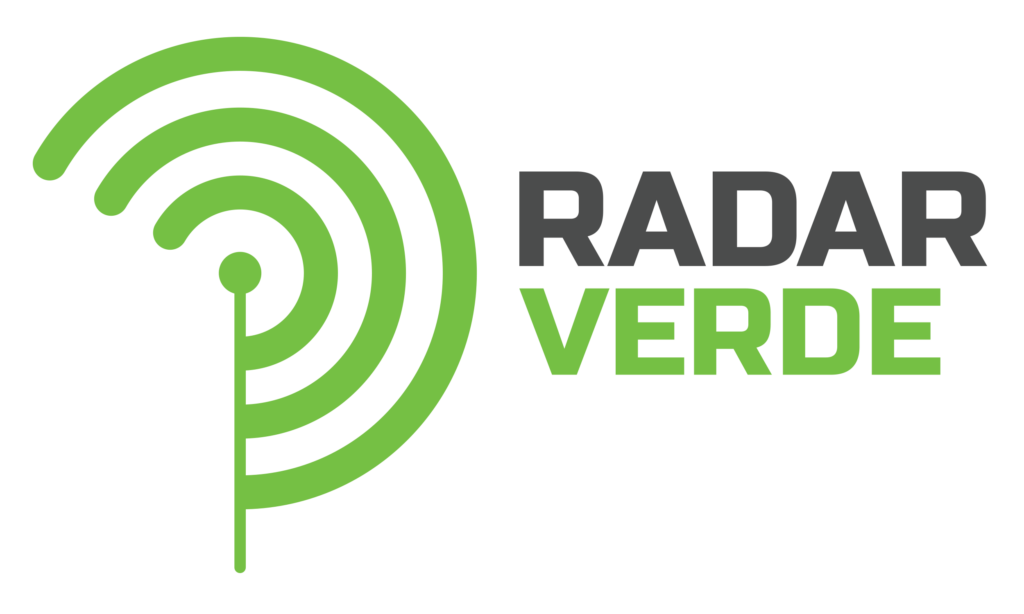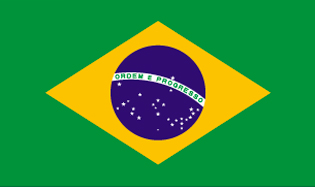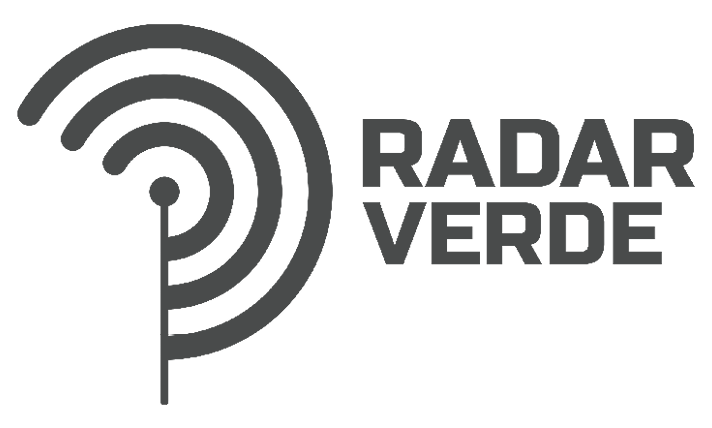Radar Verde evaluates the performance of meatpackers in the beef supply chain in the Legal Amazon and the country’s leading retailers, analyzing their commitment to combating deforestation in their cattle supply chains. The assessment is based on the following indicators:
- Level of Exposure to Deforestation Risk – analysis exclusive to slaughterhouses.
- Level of Commitment Against Deforestation – analysis exclusive to slaughterhouses.
- Level of Supply Chain Control – analysis for both retailers and meatpackers.
Below, each assessment is summarized, and the details are presented in the appendix.
Assessment of Meatpackers
Radar Verde summarizes two data points for each slaughterhouse in the Legal Amazon: the Level of Exposure to Deforestation Risk and the Level of Commitment Against Deforestation in relation to the cattle supply chain. The latter is evaluated through the results of the Level of Supply Chain Control, obtained from questionnaires sent to companies and from publicly available data on their websites (Table 1).
If a company has been contacted in error, it can clarify its situation by emailing [email protected]. The absence of a response within the research deadline results in classification as a non-respondent. The procedures for estimating each indicator are summarized below.
Table 1. Indicators and means of verification of Radar Verde for meatpackers
| INDICATOR | MEANS OF VERIFICATION AND DATA SOURCES |
|---|---|
|
Level of Exposure to Deforestation Risk: of slaughterhouses in their respective potential cattle purchasing zones (hectares): measures the extent of the area, in hectares, under risk of deforestation within the potential cattle purchasing zones of the evaluated companies. |
Notes: the total estimate deducts overlaps and legally authorized deforestation (SINAFlor), according to MapBiomas Alerta. The complete method is described in Appendix 1. |
|
Level of Commitment Against Deforestation: measures companies’ efforts to prevent deforestation in their cattle supply chains, based on two pillars: the level of ambition of the commitment and the Level of Supply Chain Control over direct and indirect suppliers. Score from 0 to 100 points. |
Assessment of responses to the Radar Verde questionnaire, considering policies, implementation, and independent audits contracted by the companies. Data collection from the companies’ public platforms (websites), containing information on the Level of Supply Chain Control, was complemented by responses to the questionnaire sent. |
Assessment of Retailers
Radar Verde developed an assessment that examines the existence, effectiveness, and transparency of anti-deforestation policies in the retail sector within the beef supply chain regarding deforestation. For retailers, the analysis focuses exclusively on the Level of Supply Chain Control over their suppliers, which seeks to verify whether these companies adopt effective measures to ensure that the beef sold is not associated with deforestation.
If a company has been contacted in error, it can clarify its situation by emailing [email protected]. The absence of a response within the research deadline results in classification as a non-respondent.
- The Level of Supply Chain Control for retailers considers:
The existence and implementation of a well-structured anti-deforestation policy and the requirement that their suppliers — the meatpackers — maintain effective control over the origin of the beef. The retailer must ensure that the beef sold does not come from farms, whether direct or indirect suppliers, that are involved in illegal deforestation. It is also analyzed whether the retailer publicly discloses its policies and the results of independent audits on the subject. As a complement, the retailer may provide additional information by responding to the Level of Supply Chain Control questionnaire.
Table 2. Indicators and means of verification of Radar Verde for retailers
| INDICATOR | MEANS OF VERIFICATION AND DATA SOURCES |
|---|---|
|
Level of Supply Chain Control: considers the characteristics of anti-deforestation policies and indicators of their performance. Companies with a high level of control over their supply chains do not purchase from supplier farms — whether direct or indirect — that are associated with illegal deforestation, and they demonstrate this commitment through documents issued by external audits. The availability of public information from the company regarding its anti-deforestaiton policies and performance indicators is also measured. Additionally, companies may respond to the Level of Supply Chain Control questionnaire, providing further information about their policy. Score from 0 to 100 points. |
Assessment of responses to the Radar Verde questionnaire, considering the characteristics of the policies and indicators of their effective implementation, verified through independent audits contracted by the evaluated companies. Data collection from the official websites or public information platforms of the evaluated companies, regarding the Level of Supply Chain Control, considering publicly available information and, additionally, the responses obtained through the questionnaire sent to the companies. |






